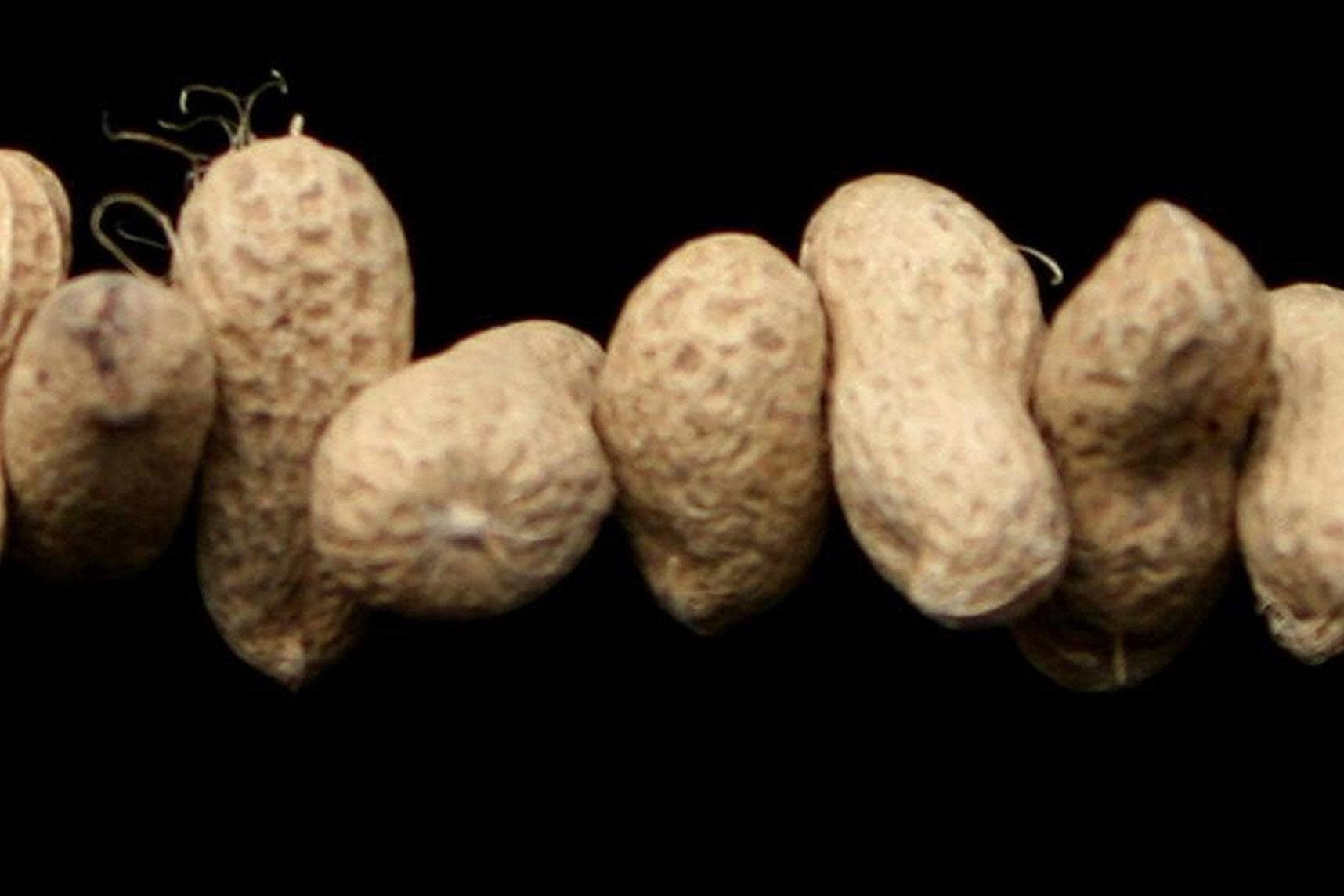Nut ban announcements on flights are “unlikely to be effective” and may even be more dangerous to people with nut allergies, experts have said.
People with allergies should not be worried about the spread of allergens through aeroplane air conditioning systems, the academics said.
But they should ask to be allowed to board first so they can clean their seat area.
About 2–3% of children and 1–2% of adults in the UK have a food allergy.
Researchers warned that allergenic food is “really sticky” and can be found in seat areas – including seats, tray tables or screens.
Therefore passengers with nut allergies, or their carers, should be given extra time to ensure that their seat area is clean to avoid “accidental reactions”.
Experts from Imperial College London and Aviation Medical Consultancy said that there is a common perception that peanut or tree nut particles can be transmitted through aircraft ventilation systems.
To examine the perception, they conducted an analysis of studies on nut particles travelling through ventilation systems.
Their analysis, published in the journal Archives of Disease in Childhood, concludes that research studies, including aircraft simulations, show “no evidence to support airborne transmission of nut allergens as a likely phenomenon”.
“Announcements requesting nut bans are not therefore supported, and may instal a false sense of security,” researchers wrote.
Airlines should instead give people with allergies “pre-boarding” so they can wipe down their seat area, they added.
But the authors said that people at risk of a severe allergic reaction – also known as anaphylaxis – should carry two pre-filled epi-pen devices at all times – including when flying.
And airlines should consider including a separate supply of “general use” adrenaline autoinjectors.

Professor Paul Turner, clinical professor in anaphylaxis at Imperial College London, said: “People shouldn’t be worried about what food is being transmitted in the air when they fly.
“We didn’t find any evidence that nut particles could travel through the cabin ventilation system on airplanes…
Click Here to Read the Full Original Article at The Independent Travel…
